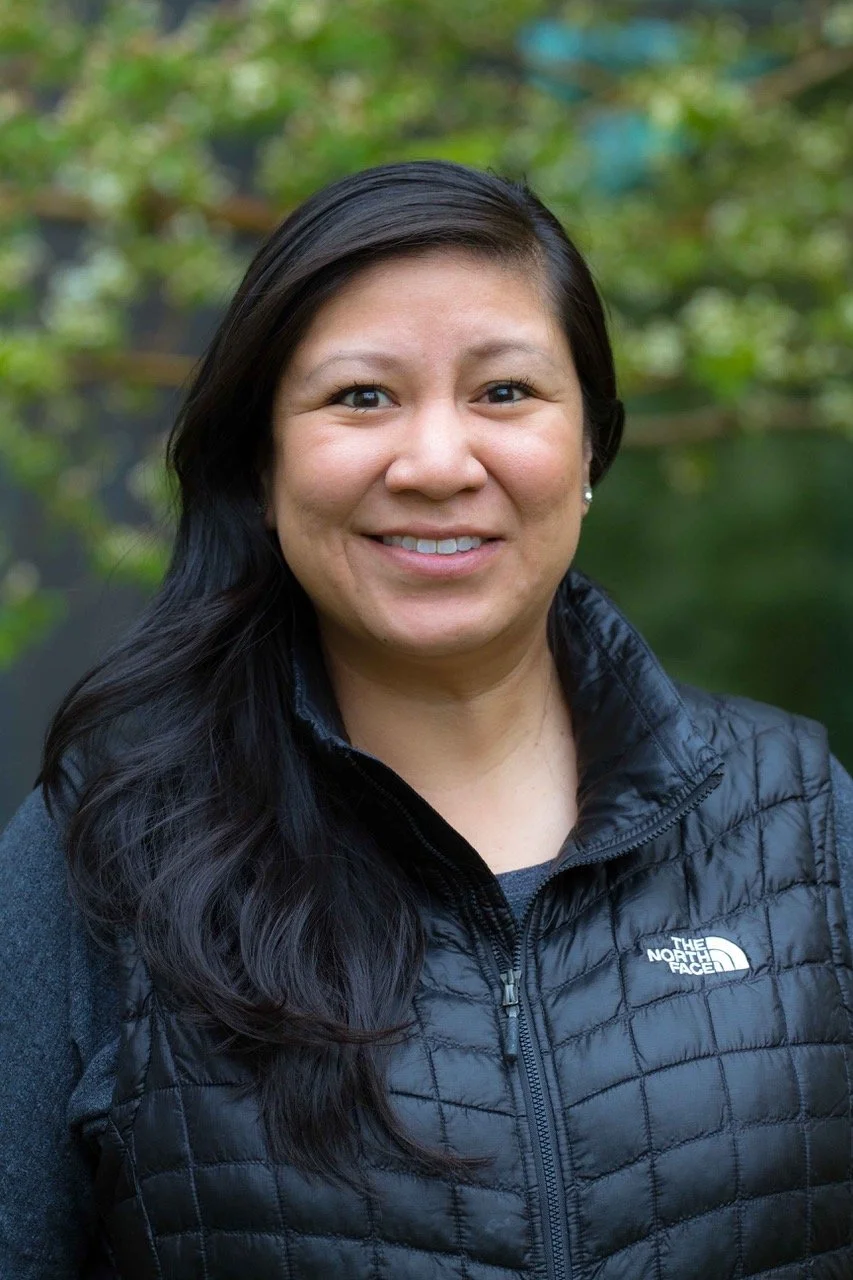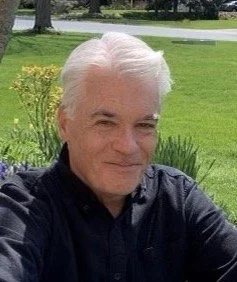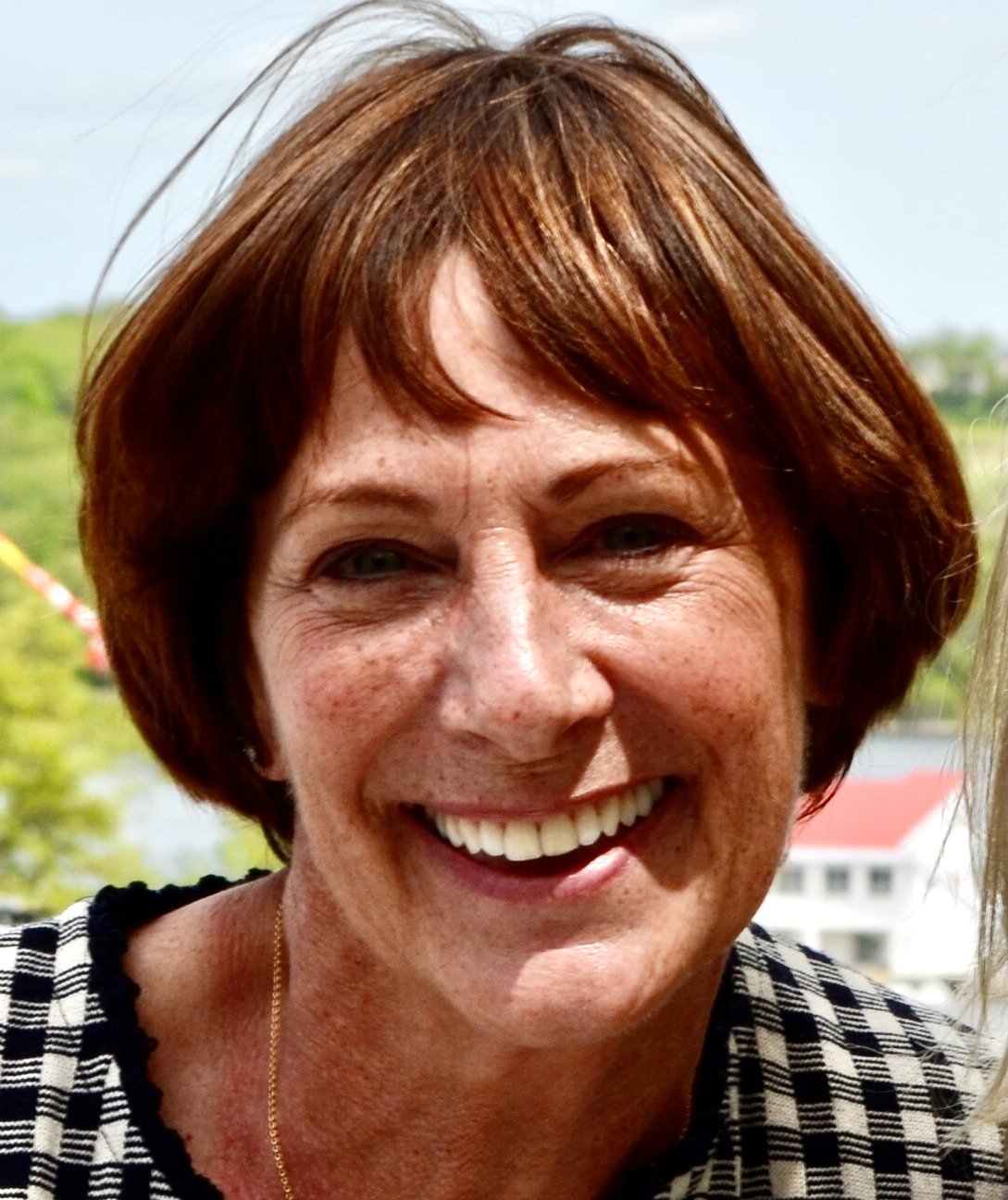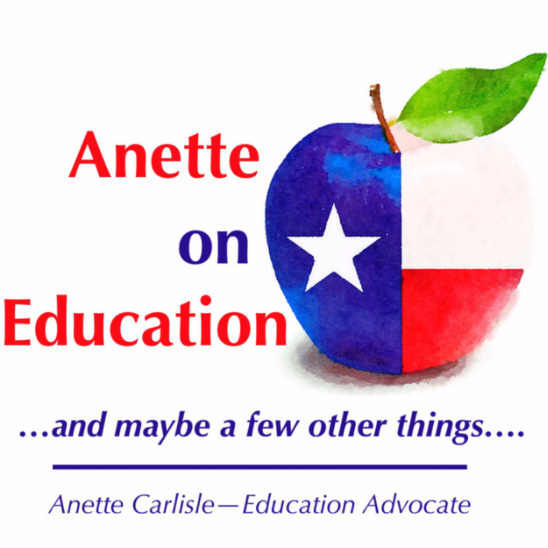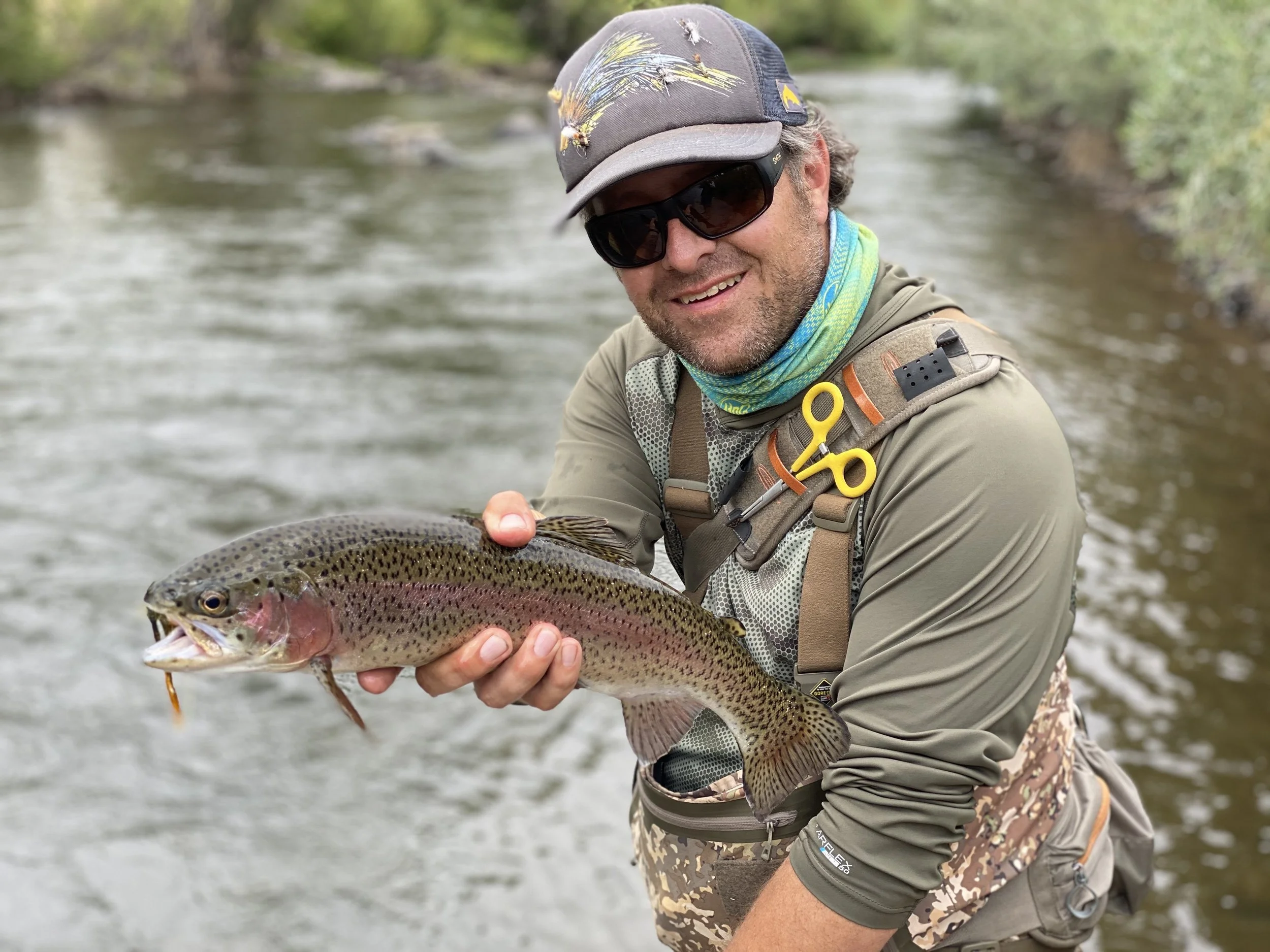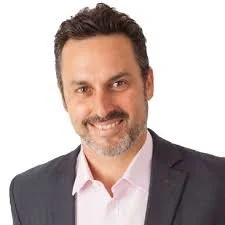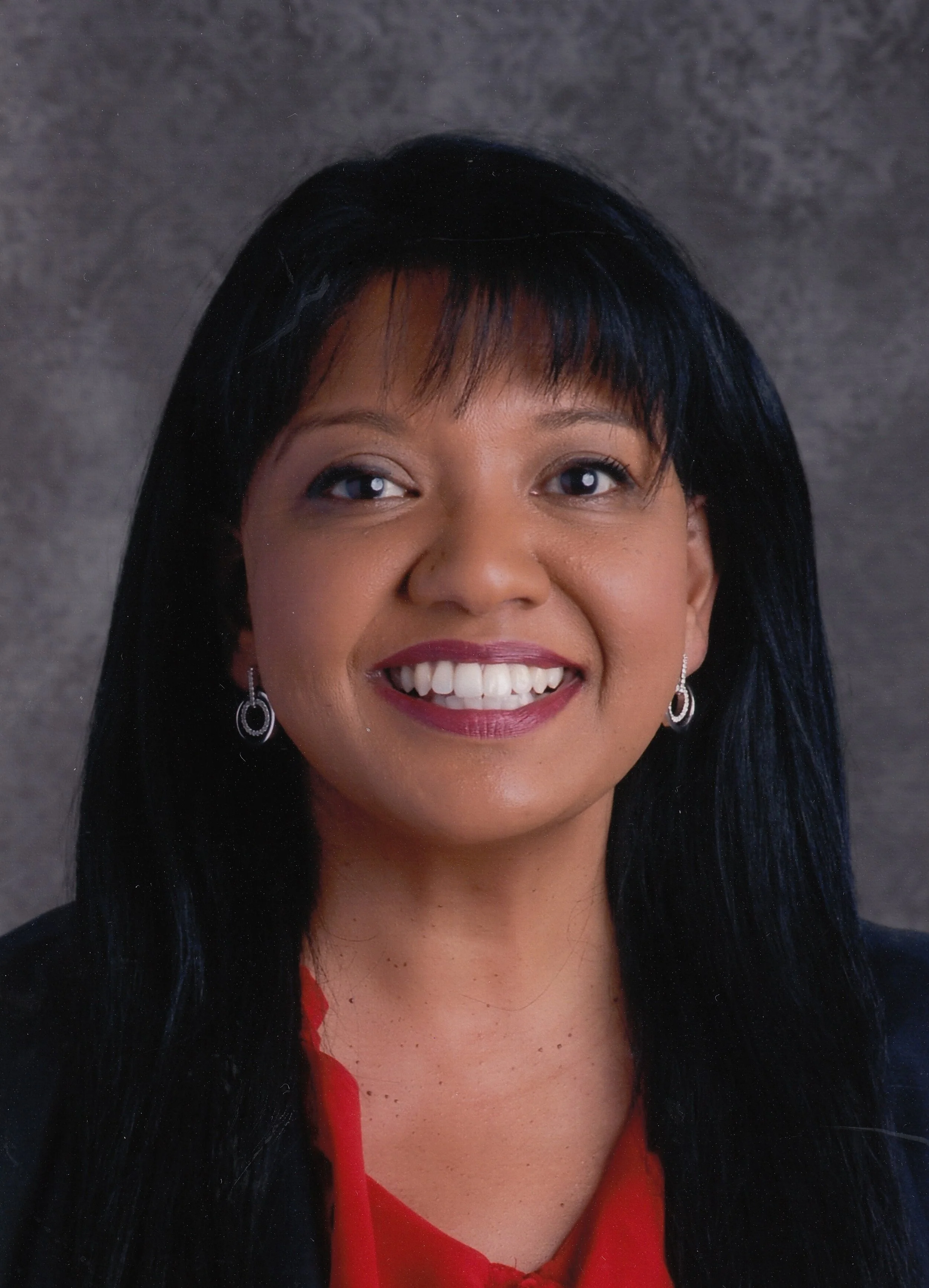How do you go about telling a very inviting and understandable story in film? My guest in this episode, Rita Grant, is an award-winning documentary film cinematographer, director, and producer, and the driving force behind Sweet Sage Pictures. In our conversation, she explains how she harnesses her technical skills, curiosity, instinct, and heart behind the camera.
Read MoreErica Nelson is a member of the Navaho Nation. Erica is a fly fishing guide, host of the “Awkward Angler” podcast, and a contributor to the “Awkward & Clueless Beginning Fly Fishing” show on YouTube. She is a Brown Folks Fishing ambassador, a community that cultivates the visibility, representation, and inclusion of people of color in fishing and its industry. She is also the passionate co-founder of REAL Consulting, which focuses on bringing diversity, equity, and inclusion to the world, including the world of fly fishing.
Read MoreBill Whiteside is a sales and marketing executive turned software salesman turned writer of narrative non-fiction, specifically a forthcoming book about an incident in Winston Churchill’s tenure as Britain’s Prime Minister during World War II. Our conversation explores the incident, which we then use as an opportunity to examine what makes a great leader great, what constitutes the art of writing great, truthful narrative non-fiction, and Bill’s personal journey to satisfy his curiosity.
Read MoreWe rarely reveal our true self to others, and sometimes (very often?) we don’t reveal it to ourselves. Sadly, we can’t interact effectively with others if there are layers of our personal onion between us. Diane Wyzga, a self-described story doula works to help professionals pull back the curtain and get to the heart of their message — their authentic story.
Read MorePeriodically, I have the table turned on me, and I ,the interviewer, becomes the interviewee. It’s always an interesting experience because I get to engage in some good, healthy self-reflection. In this recording, I sit across from a new friend, Anette Carlisle, on her “Anette on Education” podcast.
Read MoreWhat can we learn through non-traditional sources if we’re willing to look at things differently? How can we break out of our often self-imposed boundaries to see what the universe is offering us.? For example, this podcast is broadly about “education,” but specifically it’s about thinking and doing things differently to get different results. How can we view “education” more broadly than through traditional schools? And in the case of this episode, what can a fly fishing guide tell us about leadership? And how tuned in are we to seemingly random events? What can we learn from them? Fly fishing guide Spencer Seim offers his insights.
Read MoreOur Trauma in Schools podcast series focus primarily on the trauma that students carry with them into the classroom. But, many school faculty, staff and administrators are also experiencing trauma. COVID has dislocated relationships and put pressure on educators to quickly address ”learning loss.” There is a critical need for school leaders at any level to promote self-care through mindfulness training. Mindful leadership expert, Michael Bunting, explains the first safe steps.
Read MoreBecause of COVID and the condition of our world today – think V.U.C.A: volatility, uncertainty, complexity, and ambiguity – educators need to move beyond the traditional moral purpose of education to better prepare today’s students. This is the time to dig deeper into the essence of our collective humanity, and engage the spirit and science of collaboration to achieve greater success when working together. Drs Michael Fullan and Mark Edwards explain.
Read MoreIf students are in a state of high stress or trauma, the part of the brain that facilitates learning is inaccessible. Thus, student academic achievement rests squarely on the shoulders of student wellness. Neuroscience researcher, Melissa Hughes, Ph.D., explains.
Read MoreOne of the goals of our series is to raise awareness and the level of discourse around student trauma and mental health in general. Turning up the volume here is needed because – one – most educators are still largely uninformed about aspects of mental health and – two – that causes us not to talk about depression, suicide, abuse and trauma in general. And if we’re not bringing these subjects out into the open, kids keep all those emotions bottled up inside of them. Dr. Glenn Albright and Kim Weiland from Kognito, a firm that develops avatar-based simulations to help develop trauma-informed educators, share their insights.
Read MorePeriodically on Getting Unstuck, we welcome a change maker to tell their story of personal transformation: how a specific event or catalyst propelled them into a different role or way of thinking from where they once were. In this episode, we hear from Suzanne DeMallie who went from being a wife and the parent of three children to someone who led a four-year crusade to bring about a specific educational change.
Read MoreSome students from low-income communities – often kids of color – may lack aspirations for a post high-school future because they feel it’s simply unrealistic to think of life outside of their current situation. But many students from low-income communities do have aspirations, often at the same rate as their counterparts from wealthier communities, yet they are sidelines because of real or perceived societal barriers blocking their way. The organization OneGoal helps them find a pathway. Priya, Linson, OneGoal’s Executive Director in its Chicago chapter explains.
Read MoreAs today’s guest observed, “Many kids fall through the cracks somewhere.” Maybe they’ve experienced trauma outside of school, and as a result, they don’t fit in inside of school. But veteran history teacher, Jeff Rivero, knows how to reach them and help them uncover their passion. How? He treats them like the natural resources they are.
Read MoreWe’re big advocates for educational reform especially at the high school level given the complex world our graduates will face. To support that effort, we’ve brought the voices of school leaders, classroom teachers, and educational thought-leaders to the microphone to describe various pathways for improved student outcomes. But we had never heard of a reform plan generated by this stakeholder group. Assistant principal Sheri Nelson and teacher Alex Campbell of Elizabethton H.S. explain.
Read MoreThis week I talked with Janani Pathy, Principal of the Bill Hogarth Secondary School in Markham, Ontario Canada. Janani is one of those “unstuck” leaders that we profiled recently in our “unstuck” series. “Unstuck” leaders tend to demonstrate a few key behaviors, one being, they're highly adaptable and innovative. As a result, they don't tend to get stuck very often. That observation led to a discussion of a process for overcoming obstacles that Ryan Holiday outlines in his book, The Obstacle is the Way.
Read MoreOver the summer, we’ve been running a series called “Unstuck,” where we’ve profiled school leaders who are not just getting unstuck, they’re already unstuck. A number of behaviors define them: they're adaptable, flexible and innovative; community minded; focused on life skill development and the whole child; and finally, they believe there is an imperative to develop student leaders. Today's guest, principal Janani Pathy, epitomizes the unstuck leader.
Read MoreThis week I talked with Peter McWain, the Director of Curriculum and Instruction for the Sante Fe Public Schools. We reviewed a number of positive instructional outcomes that emerged from educating under COVID. Unintended consequences occur all the time from change. How can change agents attempt to avoid fulfilling the law of unintended consequences?
Read MoreWhat is the goal of U.S. education in an ever-changing world? Here, the Director of Curriclum and Instruction for the Santa Fe Public Schools, Peter McWain, discusses how and why it’s challenging to answer that question. This episode also includes a brief update from our original conversation.
Read MoreThis week I talked with Dr. Lindsay Lyons, an educational coach who helps teachers design curricula that puts student voice front and center in the classroom learning and build capacity for shared leadership. From there we dove into the “Rosenthal” effect that speaks to the impact of having high — or low — expectations for those we teach.
Read MoreIf you asked people to identify the qualities they want to see in high school graduates, most people would respond with points such as Independent thinking, Collaborative, Problem solving, Emotionally intelligence and Adaptability. These are also the qualities that we want to see in leaders, right? But what kind of opportunities do we give kids to develop these qualities? And what kind of barriers stand in the way? Leadership coach, Dr. Lindsay Lyons, explains.
Read More
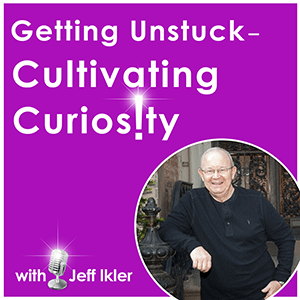 Curiosity sits at the intersection of creativity, effective human interactions, problem-solving and purposeful change. Unfortunately, the pace of life — at home, work, and school — often sidetracks our natural curiosity. So, listen as we look at the familiar from a different angle or something new as a possibility to consider.
Curiosity sits at the intersection of creativity, effective human interactions, problem-solving and purposeful change. Unfortunately, the pace of life — at home, work, and school — often sidetracks our natural curiosity. So, listen as we look at the familiar from a different angle or something new as a possibility to consider.

